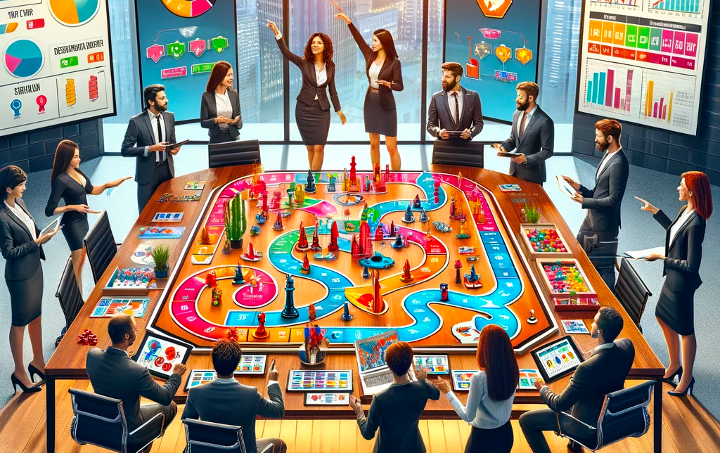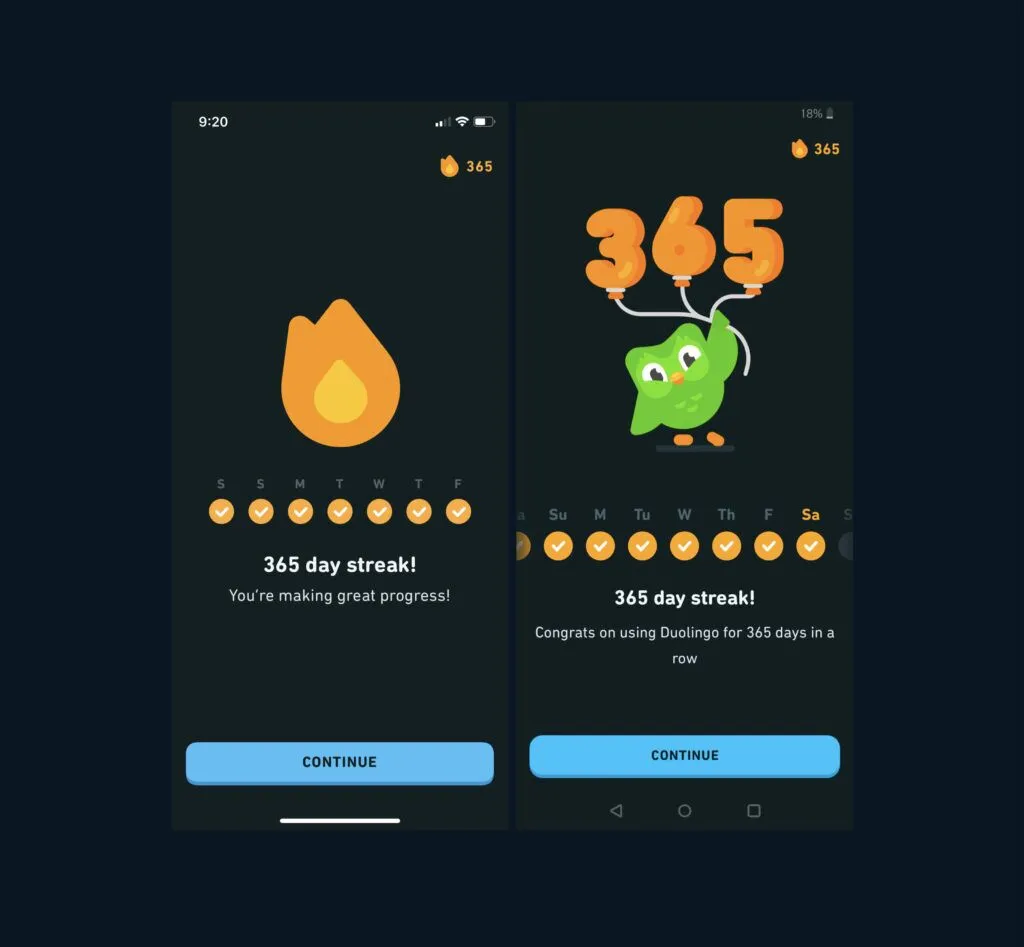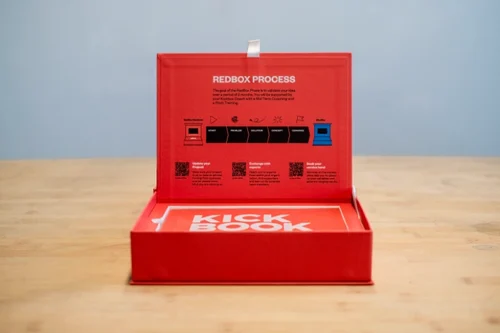In the developing landscape of business, strategy consulting stands as a tool for organizations seeking to navigate the complexities of market dynamics, competition, and internal challenges. As these organizations strive for differentiation and increased performance, the field of strategy consulting itself is undergoing a transformation, one where gamification is emerging as a powerful tool to unlock new levels of engagement, learning, and insight. Gamification is the attempt to enhance systems, services, organizations, and activities by creating similar experiences to those experienced when playing games to increase motivation and engagement among users.
This blog explores the potential benefits of integrating gamification into strategy consulting, illustrating how it can redefine the way consultants and clients interact, learn, and achieve strategic objectives.
Enhancing Engagement Through Interactive Learning
Gamification in strategy consulting transforms traditional consulting methodologies into interactive, game-like experiences. It involves the use of digital platforms where clients engage in strategic scenarios that mimic real-world challenges. Through these platforms, clients make decisions, experiment with strategies, and see the consequences of their actions in a virtual environment, all designed to mirror the complexities of business strategy in a controlled, engaging, and risk-free setting. This approach facilitates a deeper understanding of strategic principles through hands-on experience, making the learning process more engaging and effective. By turning abstract strategies into interactive experiences, teams can foster a deeper understanding and retention of strategic principles. This hands-on approach encourages active participation, turning passive clients into engaged learners who are more likely to grasp and implement strategic insights effectively.
Duolingo exemplifies the power of gamification in enhancing engagement through interactive learning. By integrating game-like elements such as points, levels, and immediate feedback into its language lessons, Duolingo transforms the challenge of learning a new language into a fun and compelling experience. This approach keeps learners motivated and engaged, significantly increasing the likelihood of continued learning and retention of language skills, demonstrating the effectiveness of gamification in making educational content more accessible and engaging for users.
Encouraging Innovation and Creative Thinking
One of the most promising aspects of gamification is its ability to stimulate creativity and innovation. By presenting scenarios within a gamified context, consulting teams are encouraged to think outside the box and explore strategic options without facing any risks.
Adobe, a leader in the software industry, notably uses gamification to foster innovation and creative thinking through its Adobe Kickbox program. This initiative provides employees with a physical box containing tools, resources, and guidance—along with a prepaid credit card—to develop their innovative ideas into prototypes without seeking prior approval. Participants progress through various levels as they complete steps from idea validation to prototype creation, receiving badges and rewards along the way.
This innovation program gamifies the process of exploration and development, encouraging Adobe employees to think creatively and take risks in a supportive environment. By turning the challenge of innovation into a game with tangible rewards, Adobe not only stimulates creative thinking but also democratizes the process of innovation, empowering employees at all levels to contribute new ideas that can drive the company forward. The success of Kickbox highlights the power of gamification in unlocking the creative potential within organizations, leading to the development of new products and services. While gamification offers exciting opportunities for engagement, innovation, and learning, it’s essential to acknowledge that its effectiveness can be constrained by existing organizational structures, legacy systems, and cultural barriers. These limitations remind us that the successful integration of gamification requires not just creativity and technology, but also a commitment to overcoming institutional inertia and adapting to change.
Facilitating Real-Time Feedback and Adaptation
Gamification offers the advantage of real-time feedback, allowing clients to see the immediate impact of their strategic decisions. This dynamic learning process supports quicker iteration and adaptation, ultimately leading to more effective strategies. Real-time feedback helps in refining strategic approaches with agility, ensuring that strategies are robust, responsive, and tailored to the unique challenges faced by the organization.
Fitbit, for example, utilizes gamification to facilitate real-time feedback and adaptation in the realm of personal health and fitness. By tracking steps, heart rate, and sleep patterns, Fitbit provides users with instant feedback on their physical activity and health metrics. This immediate insight, paired with challenges, badges, and leaderboards, motivates users to set and adapt their fitness goals dynamically, encouraging healthier lifestyle choices and demonstrating the effectiveness of gamification in promoting continuous improvement and adaptation.

Dushawn Jovic on Unsplash
Strengthening Team Collaboration and Alignment
Strategy formulation and implementation are collaborative processes. Gamification can enhance these processes by fostering a sense of teamwork and shared purpose. Through gamified simulations and challenges, team members can align their understanding of strategic goals, work through disagreements in a constructive manner, and build a cohesive strategic vision. This alignment is essential for the successful execution of complex strategies and promotes a healthy competition among team members.

Zappos
Zappos, the online shoe and clothing retailer, uses gamification to strengthen team collaboration and alignment within its corporate culture. The company has implemented gamified systems that reward employees for participating in team-building activities and achieving team goals. These initiatives not only encourage a fun and engaging work environment but also foster a strong sense of unity and purpose among employees, ensuring that everyone is aligned with the company’s core values and objectives, thereby enhancing teamwork and collaborative success.
Measuring Impact and Progress
Beyond engagement and learning, gamification provides tools for measuring the impact of strategies and tracking progress toward goals. By incorporating metrics and benchmarks into gamified elements, consultants and clients can quantify the effectiveness of strategies and make data-driven adjustments as needed. This approach not only clarifies the impact of strategic consulting but also reinforces accountability and focus on results.
Microsoft has effectively utilized gamification to measure the impact of strategies and track progress towards goals within its global workforce. Through the use of its Officevibe platform, Microsoft incorporates gamified surveys and feedback tools that enable teams to track engagement, productivity, and the effectiveness of managerial strategies in real-time. This approach allows for the collection of actionable data, fostering a culture of continuous improvement and accountability by making it easier for teams to set benchmarks, celebrate achievements, and identify areas for strategic adjustments based on measurable outcomes.
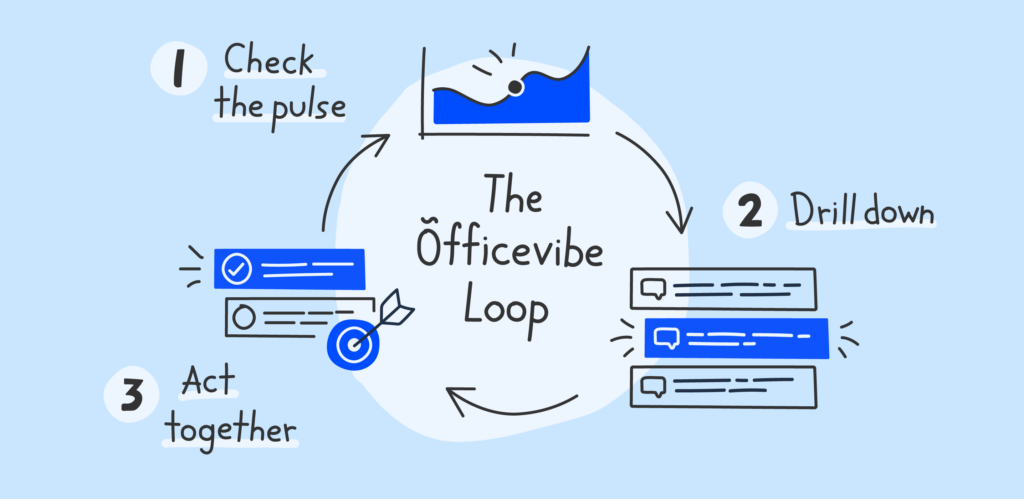
Officevibe
Beyond engagement and learning, gamification provides tools for measuring the impact of strategies and tracking progress toward goals.
The integration of gamification into strategy consulting offers a promising avenue for enhancing client engagement, fostering innovation, and achieving strategic goals more effectively. As the business world becomes increasingly complex, the ability to translate strategic concepts into interactive, engaging experiences will become a significant differentiator for consulting firms. By embracing gamification and emerging AI technologies, consultants can unlock new levels of understanding, collaboration, and strategic success, laying the foundations for a future where strategy consulting is becoming an increasingly transformative process.

Paul Blidaru
Always striving to make a positive impact.
